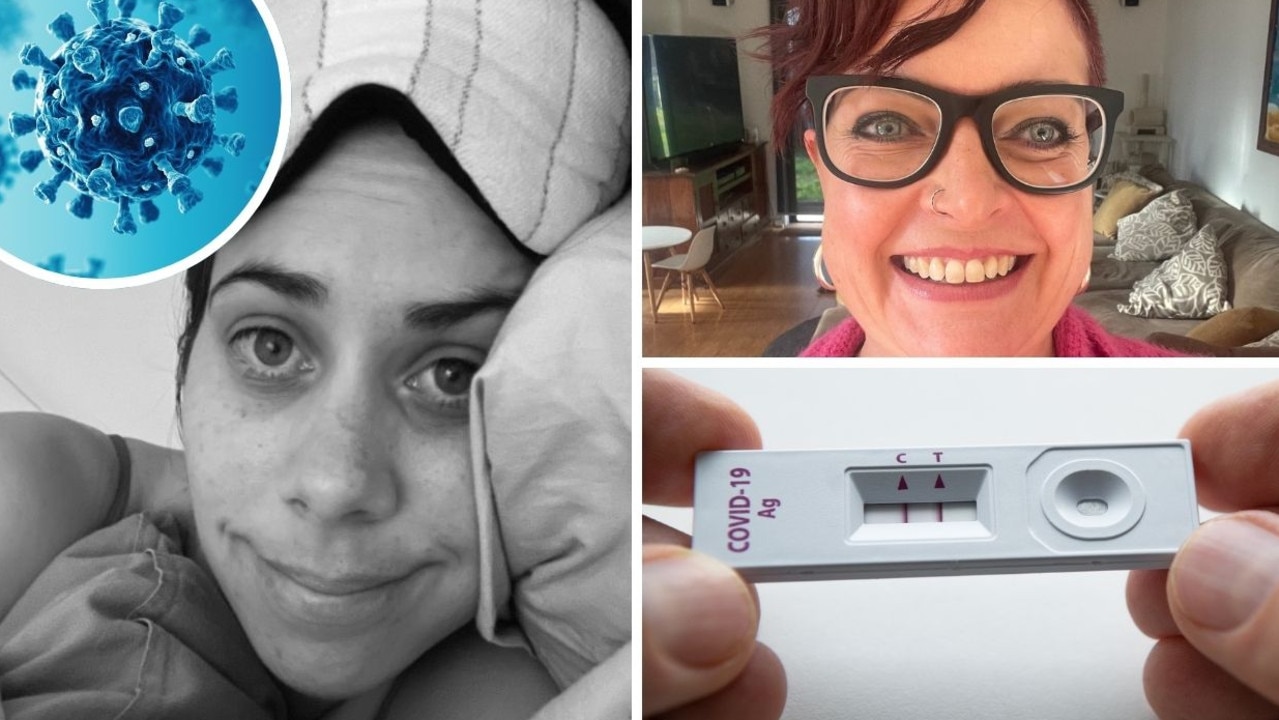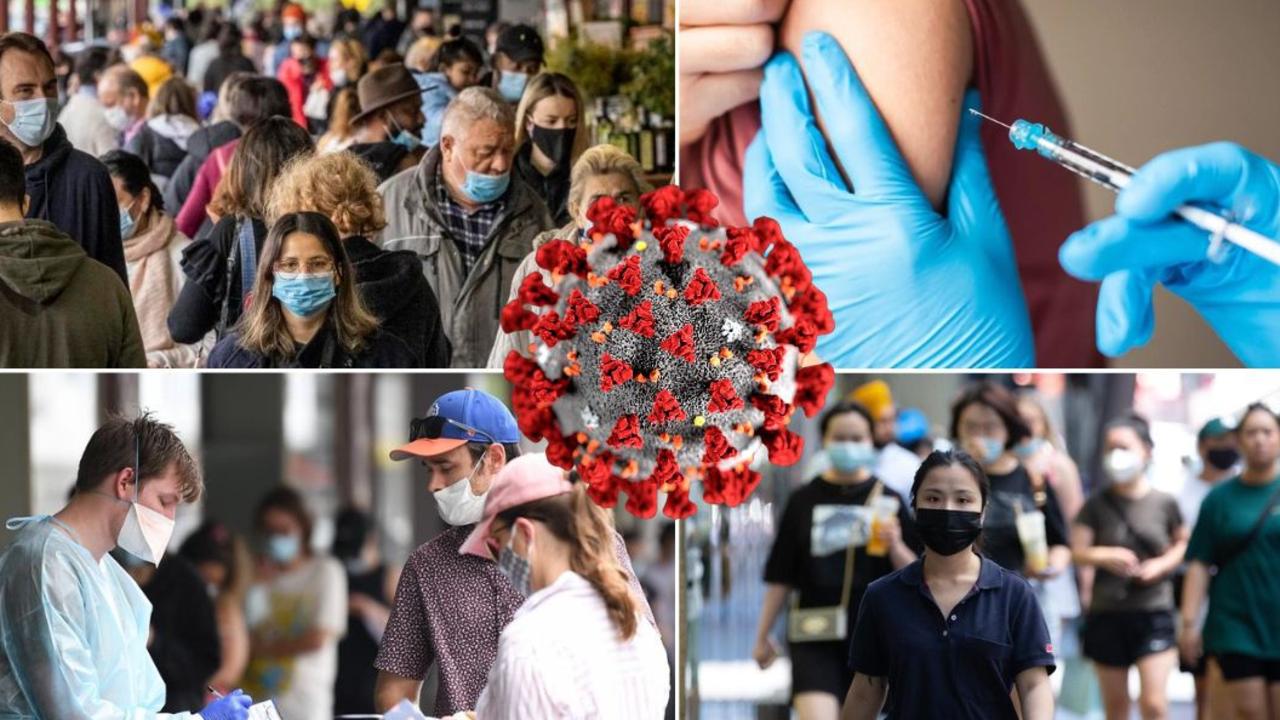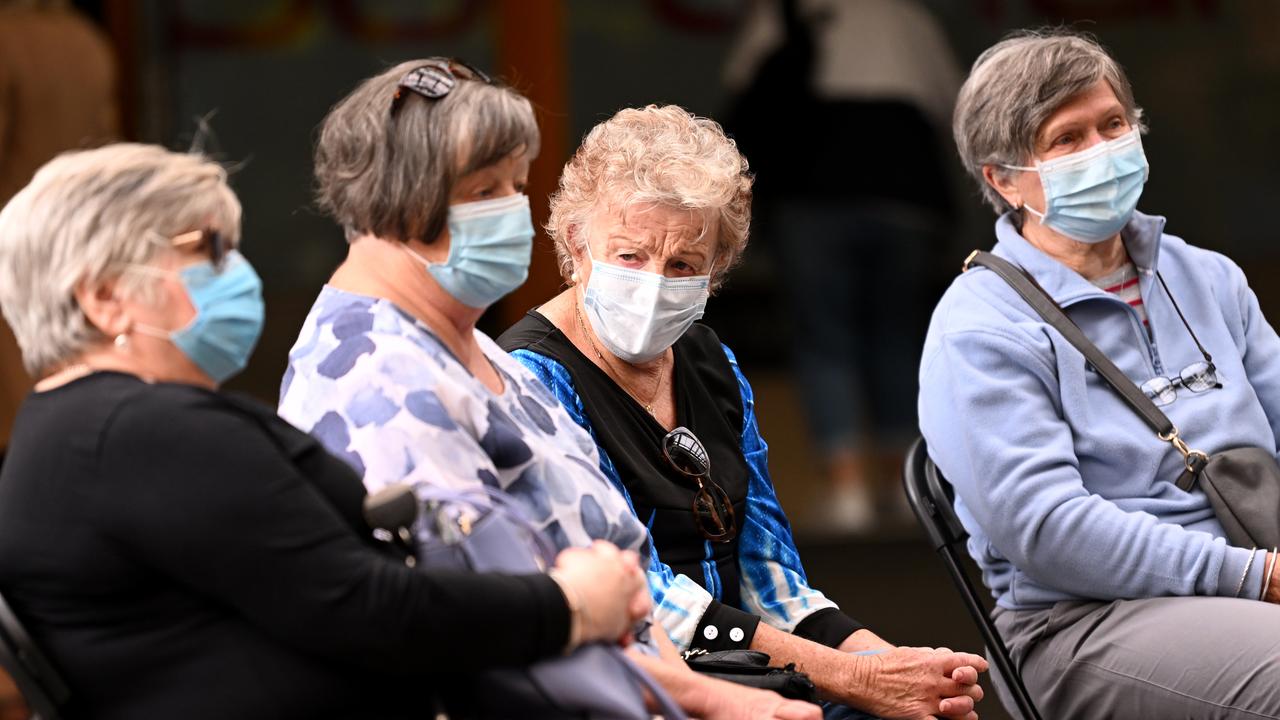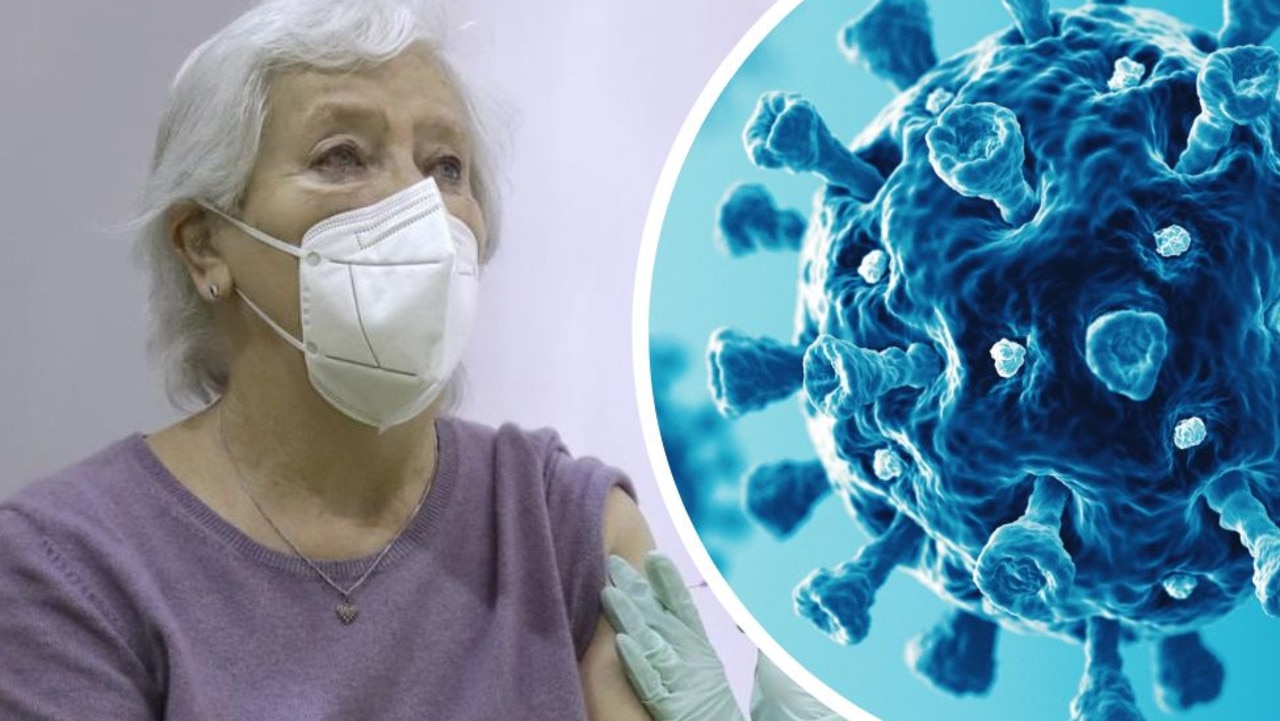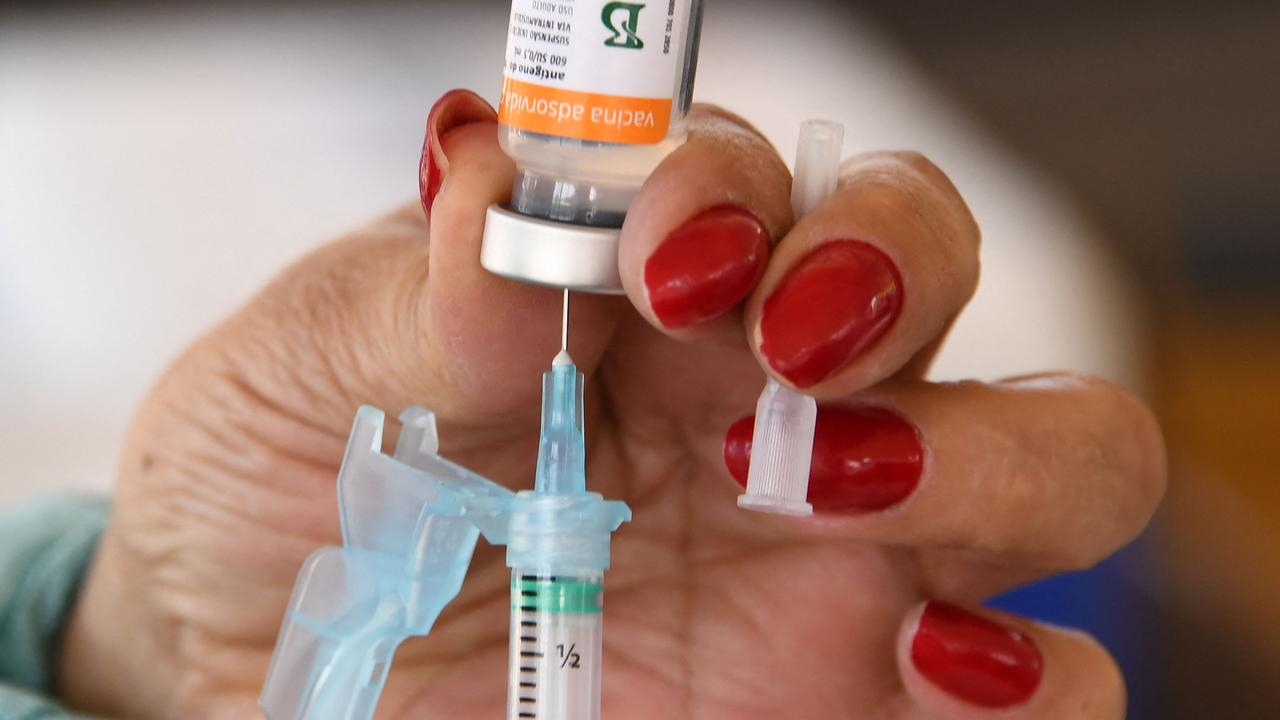Covid-19: China places cash bounty on Hong Kong Covid smugglers
China has placed bounties up to $43,000 on smugglers bringing Covid from Hong Kong, which is mandating testing for its entire population.
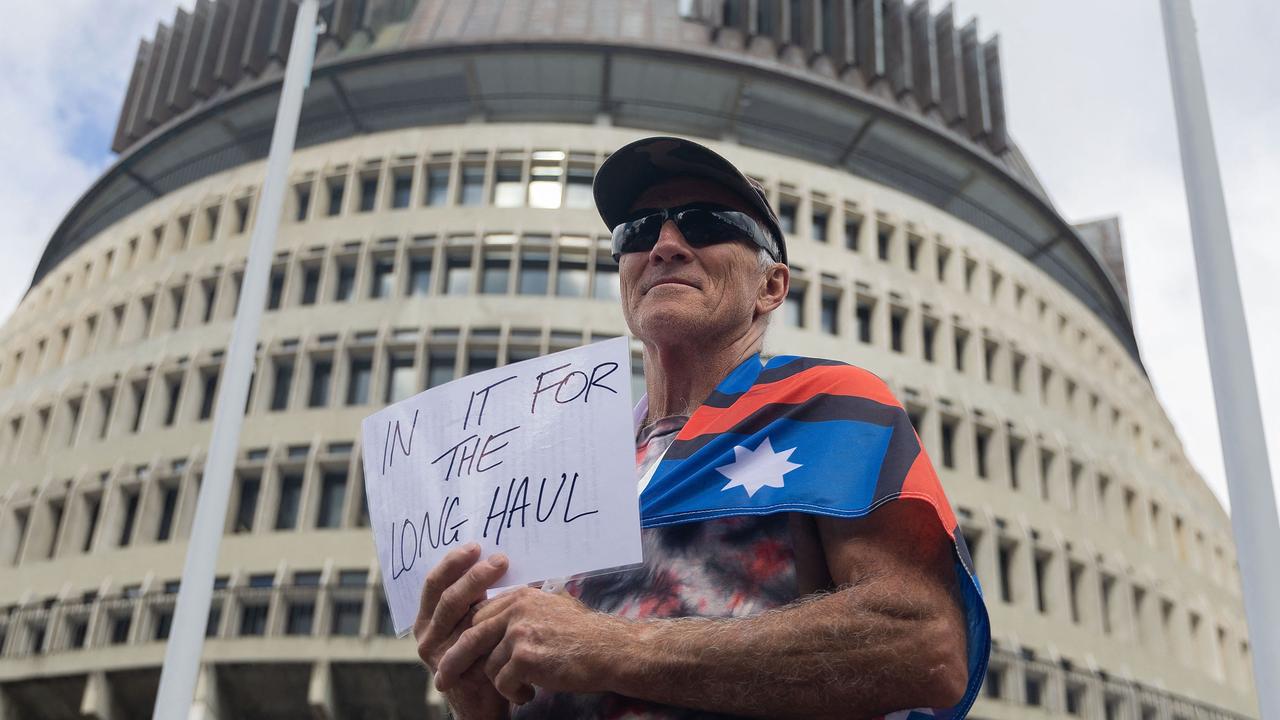
Coronavirus
Don't miss out on the headlines from Coronavirus. Followed categories will be added to My News.
Chinese cities are offering cash bounties up to $43,000 for leads on smuggling rings that have brought coronavirus carriers from Hong Kong.
Hong Kong is planning to introduce mandatory testing for its entire population of 7.3 million as it’s zero-Covid strategy buckles under a surge of Omicron.
In the mainland, Beijing’s zero-Covid strategy of strict border closures, lockdowns and quarantines was infiltrated by Covid-positive people said to have been illegally smuggled in from Hong Kong.
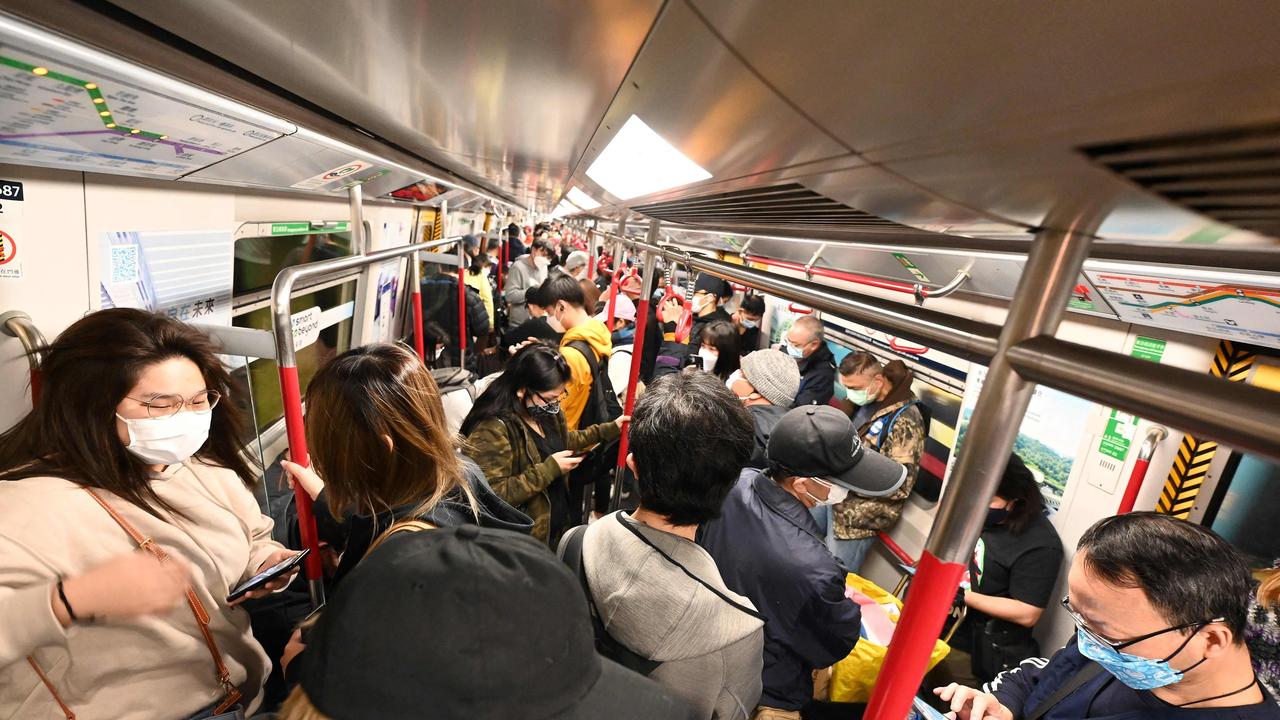
A notice by police in Huizhou, a city not far from the border, said they wanted to “mobilise the masses” to participate in anti-smuggling work and guard against imported virus cases.
“Those who report clues on smuggling activities found to be illegal or criminal will be given a reward of up to 200,000 yuan ($43,874 AUD),” Huizhou authorities said.
They also detailed different cash amounts for reporting smuggling boats or organising for others to illegally cross borders.
Similar notices have been issued in at least five other cities, with one district saying it gave out 10,000 yuan ($2,200 AUD) barely a day after announcing the reward.
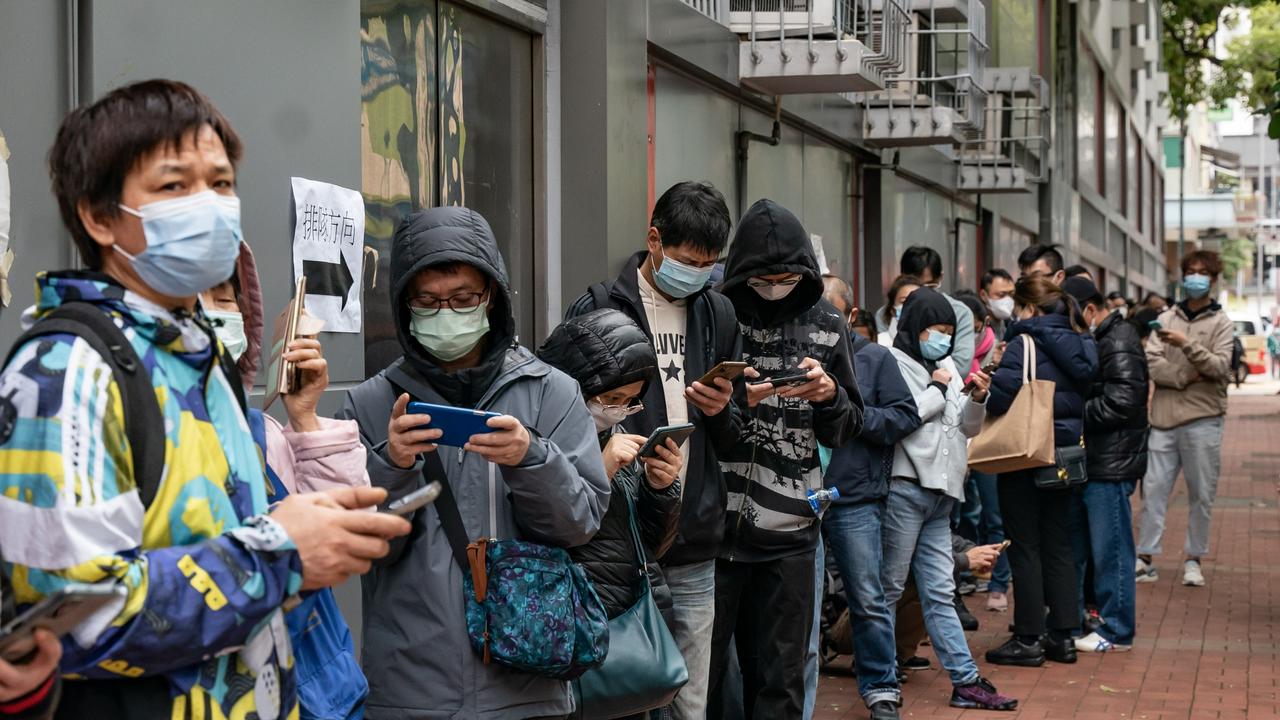
Two positive coronavirus cases were found in central Hunan province this week, with local police saying they “entered from Hong Kong through illegal means” via a coastal city before using a waiting vehicle and mobile phones to make their way further inland.
They are now being investigated by public security.
The other pair was discovered in southern Guangdong province on Tuesday, after having entered mainland China the day before.
According to Hong Kong media reports, 15 people have been smuggled into mainland China in recent days via a city in Guangdong province.
Hospitals in the financial hub have been overwhelmed as authorities battle an Omicron-fuelled coronavirus wave, with Chinese leader Xi Jinping calling for Hong Kong to take “all necessary measures” to bring the outbreak under control.
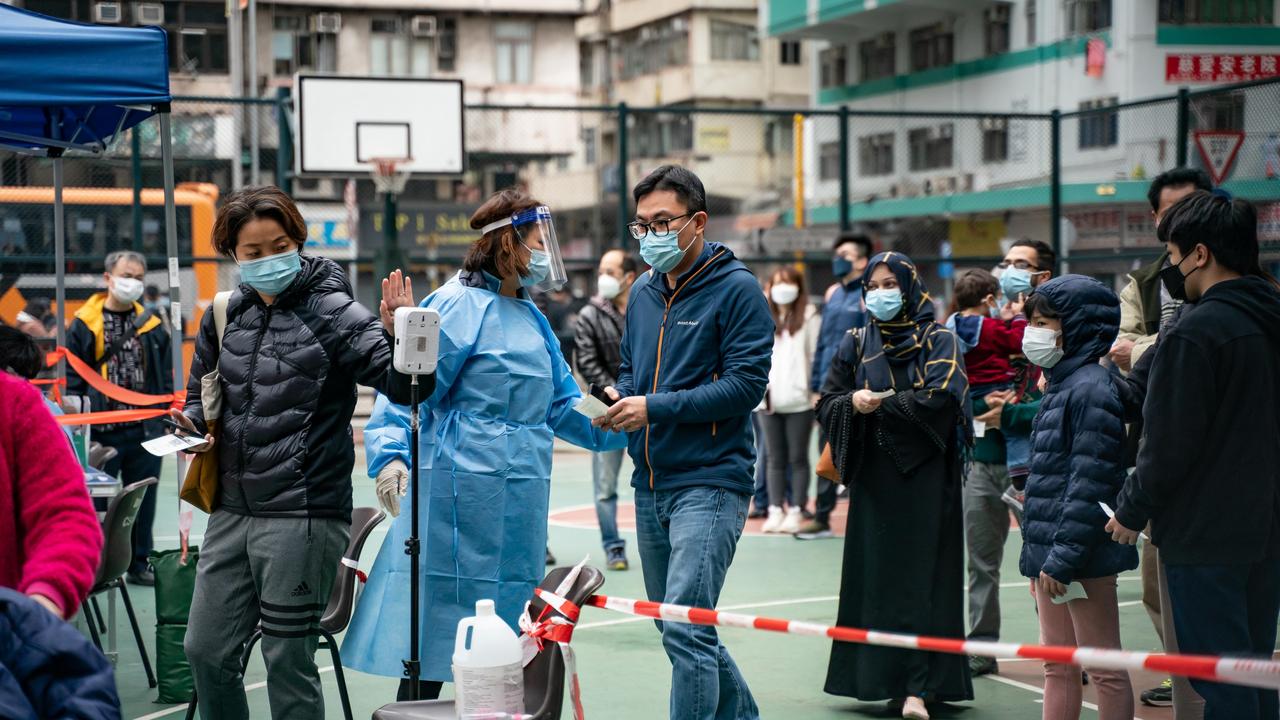
HONG KONG BUCKLES UNDER OMICRON
Elderly patients have been left shivering outside of overcrowded hospitals as Hong Kong struggles to handle an Omicron-fuelled coronavirus wave.
Hong Kong has adhered to a zero-Covid strategy, which has largely kept the virus out but left the business hub cut off from the world.
But the extremely contagious Omicron virus variant has left authorities scrambling and exposed shortcomings in plans to deal with a major outbreak.
“Some of my colleagues say we are now in battlefield mode,” said David Chan, an emergency room nurse at Caritas who is also the acting president of Hong Kong’s Hospital Authority Employees Alliance.
“We are worried that the patients’ conditions will worsen later this week,” he added, calling the situation “very undesirable”.

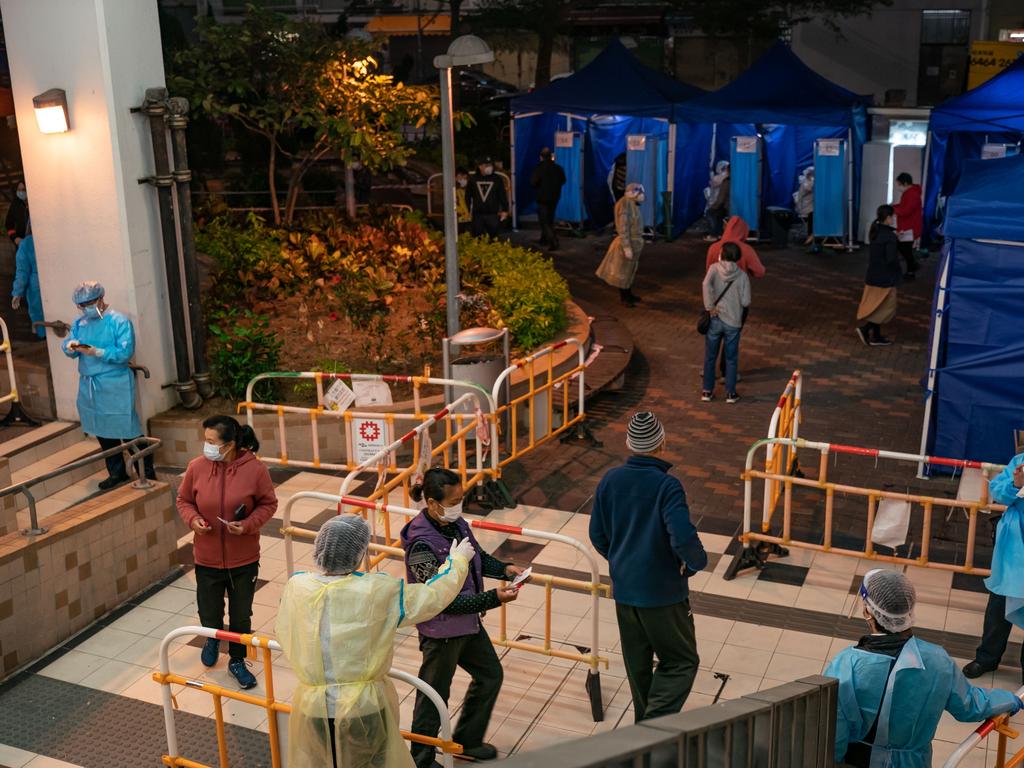
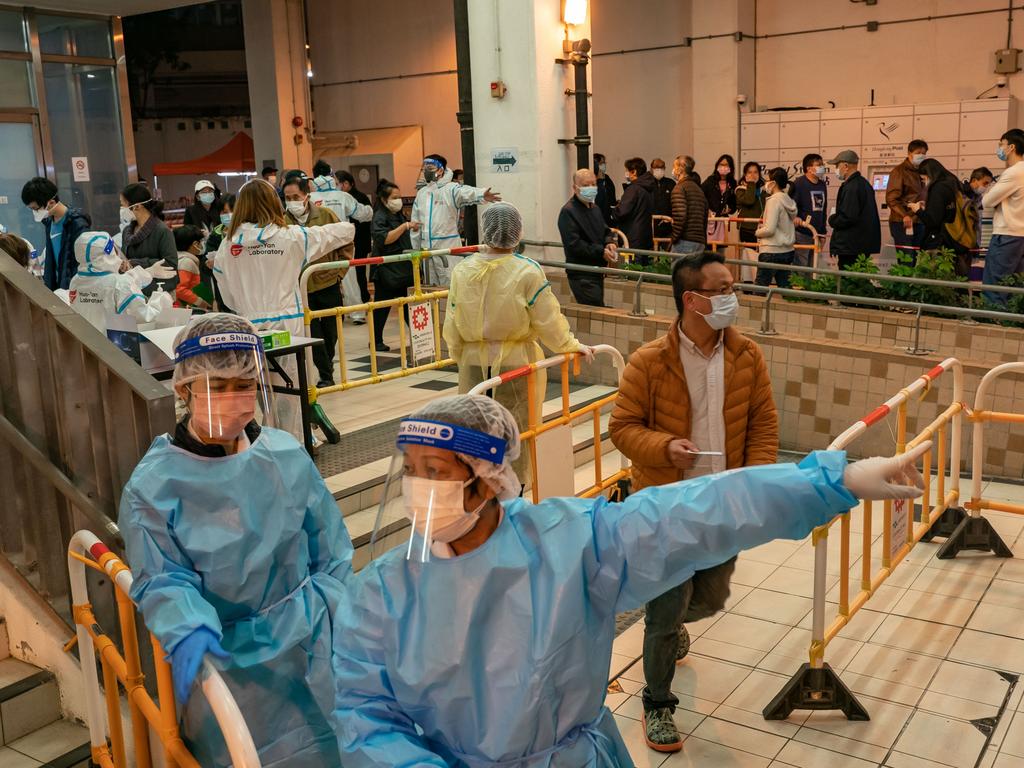
Hong Kong is in the throes of its worst coronavirus outbreak, and record new daily infections have pushed hospitals in the finance hub to the breaking point.
The daily caseload hit a record 4,285 confirmed infections with a further 7,000 preliminary positives in the densely packed city of 7.5 million.
Before the latest wave, Hong Kong had recorded just over 12,000 cases since the beginning of the pandemic.
Health experts say the daily case numbers could rise to 28,000 by March. Especially vulnerable are Hong Kong’s vaccine-hesitant elderly. Despite ample supplies, only 43 per cent of those aged 70-79 and 26 per cent of over-80s opted to get jabbed.
Last week, the government said people with mild cases could isolate at home but by Wednesday, there were still 12,000 people waiting to be hospitalised.
By nightfall, entire families were crammed into the tents, while about 50 others languished in the February chill on hospital beds wheeled outside.
The government has opened temporary Covid clinics and plans to build a makeshift mega-hospital.
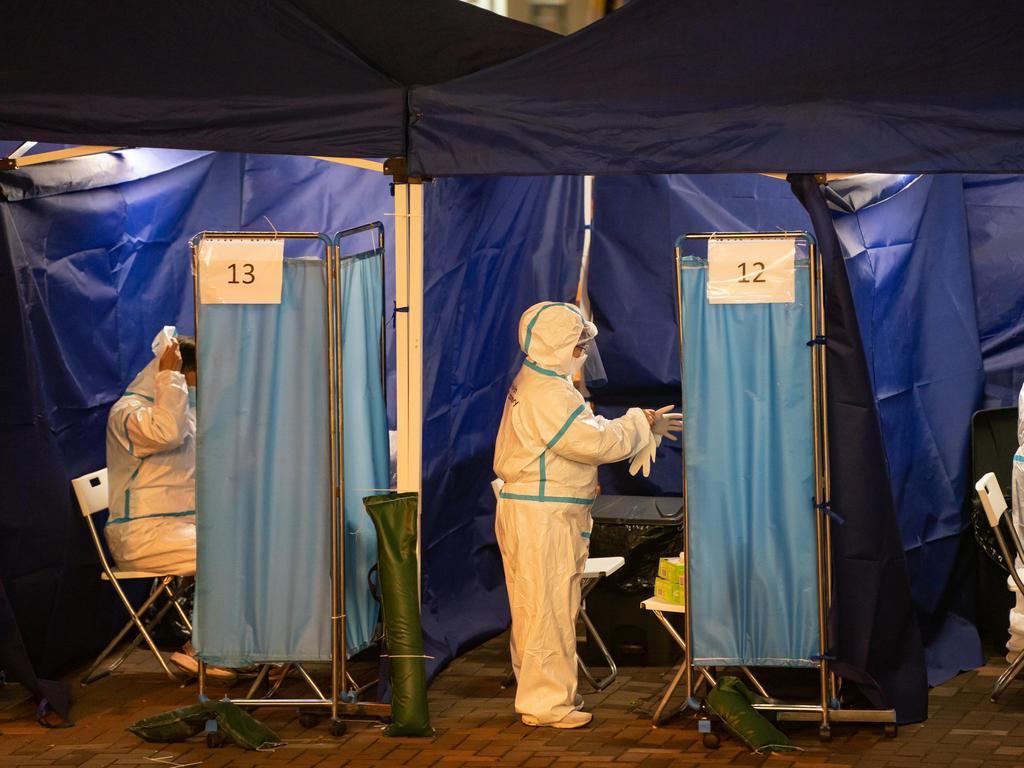
It also plans to requisition 3,000 unoccupied public housing apartments and is looking into whether hotels can house some cases.
But whether those measures will come in time remains to be seen. In the Caritas parking area past the “fever zone”, a worried mother cradled her two-year-old — trying to keep the toddler comfortable as they waited in the 15 degree Celsius (59 degrees Fahrenheit) chill.
“I kept calling the (government Covid) hotlines but none of them connected,” the woman, who provided just her surname Chau, said, adding that her daughter was running a high fever.
When they arrived two hours prior, nurses instructed her to get tested — which could take hours as she joined some 120 people waiting outside Caritas.
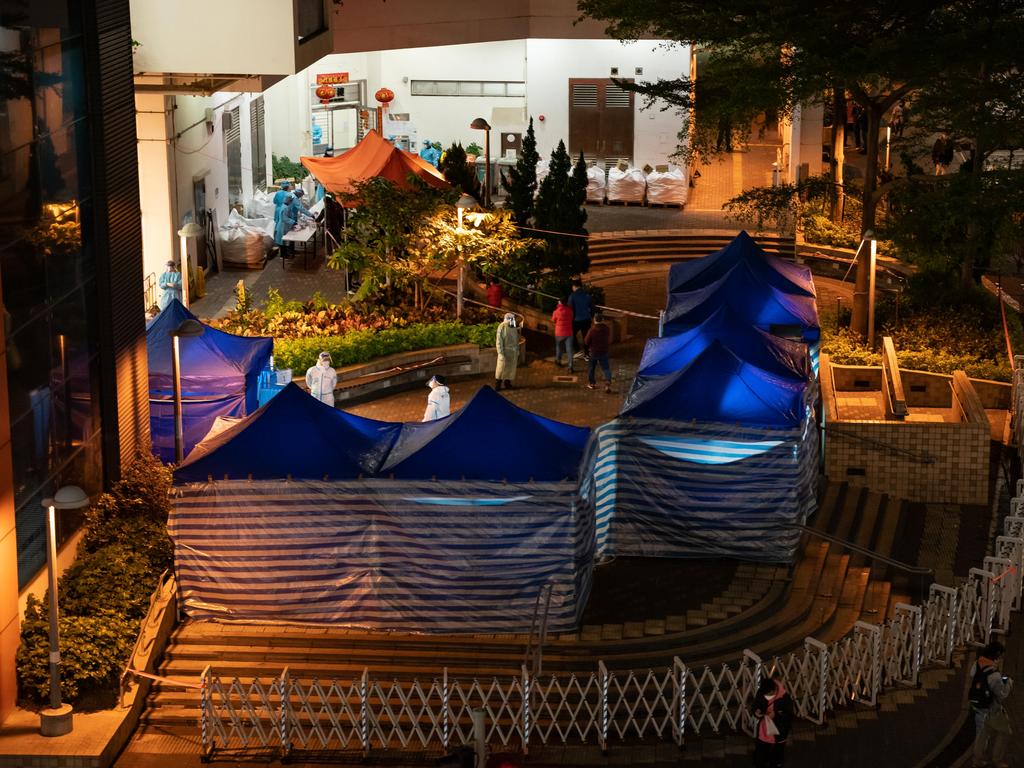
“They have no wards for you, so you have no choice but to go home,” Chau said. Healthcare professionals have long warned that Hong Kong’s public hospitals were underfunded and unprepared for a coronavirus surge.
Even during previous flu outbreaks, hospitals had “buckled”, said Siddharth Sridhar — a microbiologist at the University of Hong Kong — in a tweet Wednesday.
“Now, with a disease that is more transmissible/severe than flu, and requires exposed staff to quarantine, HK’s hospitals are sandcastles in a tsunami.”
GERMANY ROLLS BACK COVID RESTRICTIONS
Germany will start rolling back most of its coronavirus restrictions as the country’s falling infection rate suggests the Omicron-fuelled wave has peaked, Chancellor Olaf Scholz said Wednesday after talks with regional leaders.
The three-step plan — which includes allowing unvaccinated people back into shops and restaurants — will see Germany reach its “freedom day” on March 20, as media have dubbed it.
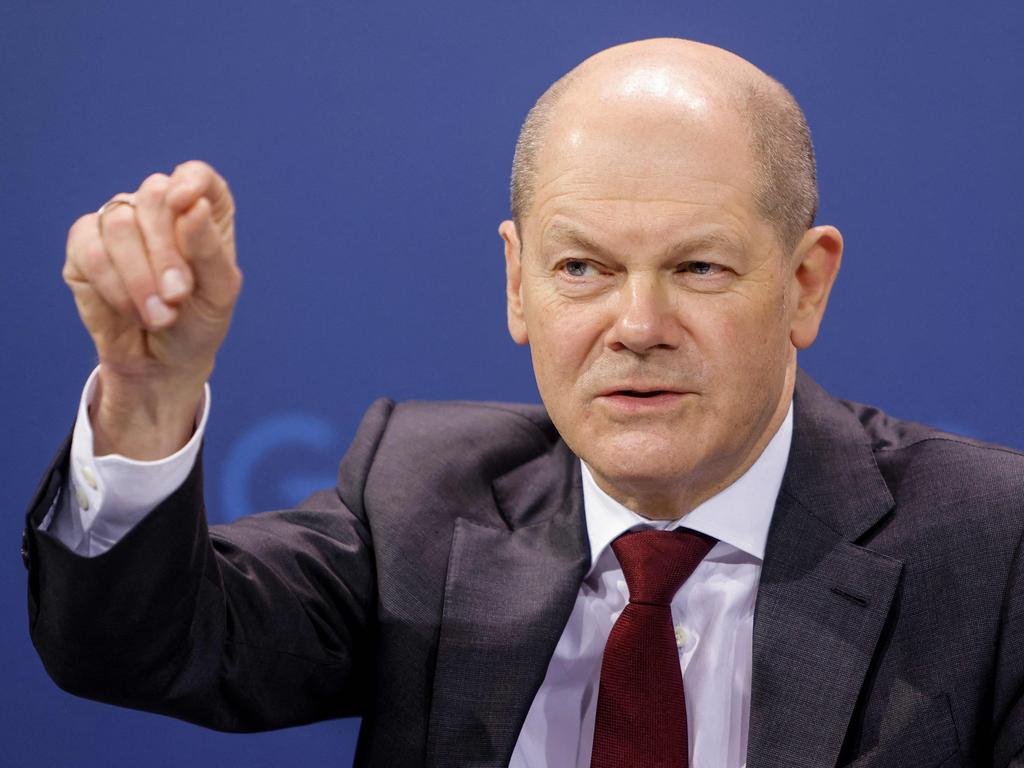
“After two years we deserve for things to be better again and it looks like that’s happening now,” Scholz told reporters.
But he urged Germans to remain cautious and said they would have to keep wearing face masks. “The pandemic is not over,” he said.
Germany is the latest European nation to attempt a return to more normality, two years after the pandemic first emerged and up-ended people’s daily lives and routines.
As a first step, Germany will immediately drop a 10-person cap on private gatherings of people who are vaccinated or have recovered from Covid-19.
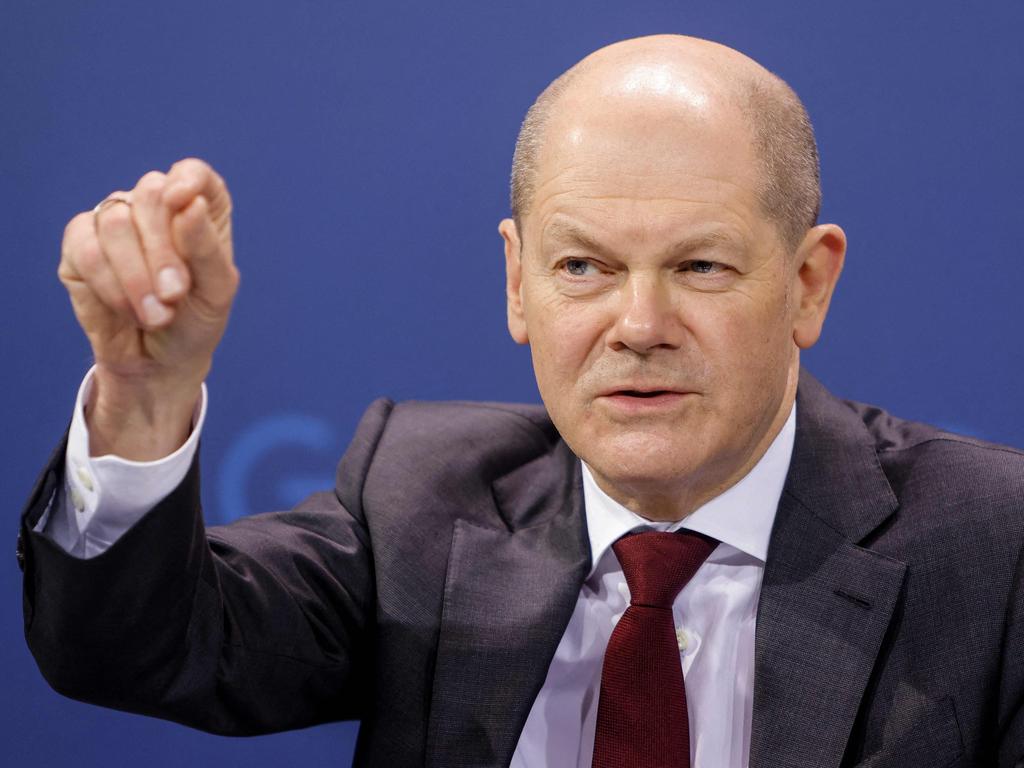
For the unvaccinated however, the rule that they can only meet two people outside their household will remain in place for another month.
Access to non-essential shops will be open to all again, without checks on whether customers are vaccinated against the virus or not. Face masks will still be required, with high-protection FFP2 masks recommended.
From March 4, restaurants and hotels will be allowed to welcome the unvaccinated again, so long as they can provide a recent negative test — a system known as 3G in Germany.
Nightclubs will reopen, but not for the unvaccinated. Everyone else will have to be boosted or provide a negative test — the so-called 2G plus system.
The number of people allowed to attend large events including sports competitions, under 2G plus rules, will be increased.
In a final step, the remaining profound restrictions on social, cultural and economic life are to be gradually lifted by March 20.
That includes ditching the requirement for employees to work from home whenever possible.
After that date, Europe’s top economy will rely on “basic protection measures”, Scholz and regional leaders agreed, “in particular the wearing of medical masks” in indoor public venues and on public transport.
Social distancing is also set to be maintained.
KIWI PROTESTERS DEFY POLICE THREATS
The police talked tough – threatening to call in the army and tow trucks – but New Zealand anti-vaccine protesters have stared them down, defying orders to move vehicles blocking the streets around parliament in Wellington. Their protest, inspired by Candada’s “Freedom Convoy”, continued as New Zealand reached a record high for Covid-19 infections.
Health authorities reported 1160 new coronavirus cases, the most since the pandemic began, as the Omicron variant continues to spread in a country that was largely virus-free until August.
While there have only been 53 virus deaths in the nation of five million, protesters have taken to the streets railing against Covid-related restrictions and a government vaccination drive.
Demonstrators last week jammed roads with cars, trucks and campervans, then set up camp on the lawns of parliament in the capital Wellington.
Police have largely taken a hands-off approach during the nine-day standoff, apart from violent clashes last Thursday that led to 122 arrests.
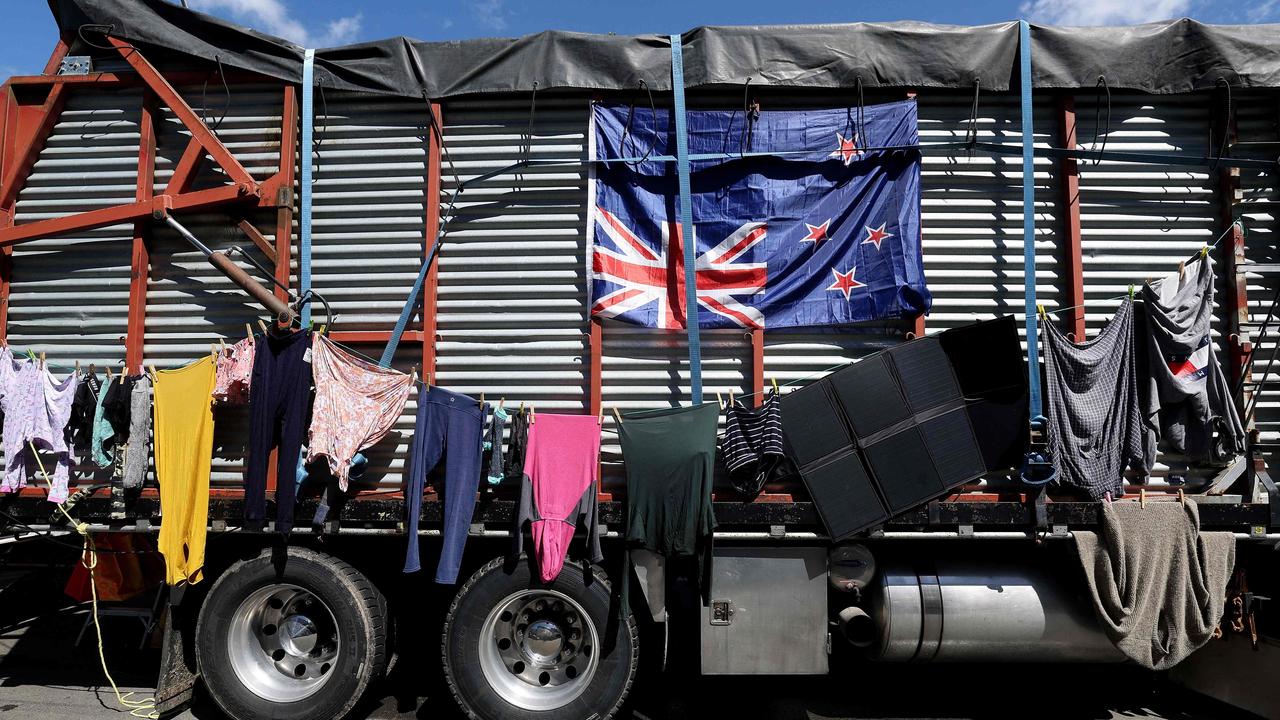
But on Tuesday they labelled the protest “untenable”, threatening to use tow trucks to clear the streets.
Police Commissioner Andrew Coster said he had asked for the military’s help, warning anyone who obstructed the “imminent” operation that they faced arrest.
However, no tow trucks were deployed Wednesday, and when a line of police tried to take control of an area near the parked vehicles, they were met by massed demonstrators chanting “whose streets, our streets”.
The protesters cheered when police withdrew behind barricades a short time later.
Police have previously expressed concern about the large number of children in the protest camp, accusing demonstrators of trying to use them as human shields to avoid arrest.
Parliamentary speaker Trevor Mallard took matters into his own hands over the weekend, blasting pop music at the demonstrators on a loop.
Mallard subjected the protesters to “Baby Shark” and Barry Manilow’s “Mandy”, also activating the lawn’s sprinkler system to soak the camp.
TRUDEAU SLAMMED FOR RESPONSE TO PROTESTS
Canadian Prime Minister Justin Trudeau has been criticised by several civil liberties groups and politicians for invoking emergency powers to stop nationwide protests against Covid restrictions.
The Canadian Civil Liberties Association has argued that the protests, which have snarled traffic in cities and at the border, did not meet the standard to have invoked the Emergencies Act.
“The Emergencies Act can only be invoked when a situation ‘seriously threatens the ability of the Government of Canada to preserve the sovereignty, security and territorial integrity of Canada’ & when the situation ‘cannot be effectively dealt with under any other law of Canada,’” it said on Twitter.
“Governments regularly deal with difficult situations, and do so using powers granted to them by democratically elected representatives. Emergency legislation should not be normalised. It threatens our democracy and our civil liberties,” the association added.
Trudeau on Monday invoked Canada’s Emergencies Act – which gives the federal government broad powers to restore order – to break the protests against his government’s draconian Covid-19 mandates.
It came after Trudeau convened a meeting of Canada’s Incident Response Group to discuss what the federal government can do to “end the blockades and occupations”.
“We’ll keep working urgently on this — to protect jobs, public safety, our neighbourhoods, and our economy,” he said in a statement.
Today, I convened another Incident Response Group meeting. We covered further actions the government can take to help end the blockades and occupations. We’ll keep working urgently on this – to protect jobs, public safety, our neighbourhoods, and our economy.
— Justin Trudeau (@JustinTrudeau) February 14, 2022
The Emergencies Act, an offshoot of the preceding War Measures Act, gives the government wide-ranging powers to respond to a “critical situation” that endangers the lives of Canadians. But Trudeau has assured his colleagues he has no plans to deploy the military, according to anonymous sources quoted by CBC.
The emergency powers allow Trudeau to override the authority of Canada’s provinces and take special temporary measures “that may not be appropriate in normal times”.
While the Emergency Act has never previously been used, the legislation it replaced was famously used by Trudeau’s father in 1970.
Former Prime Minister Pierre Trudeau invoked the War Measures Act during the so-called “October Crisis”, when Quebec separatists kidnapped senior cabinet members.
The emergency powers allowed Trudeau to suspend civil rights and arrest hundreds of suspects.
Trudeau invoked the Emergency Powers Act despite having already cleared a major bottleneck caused by the Freedom Convoy over protests.
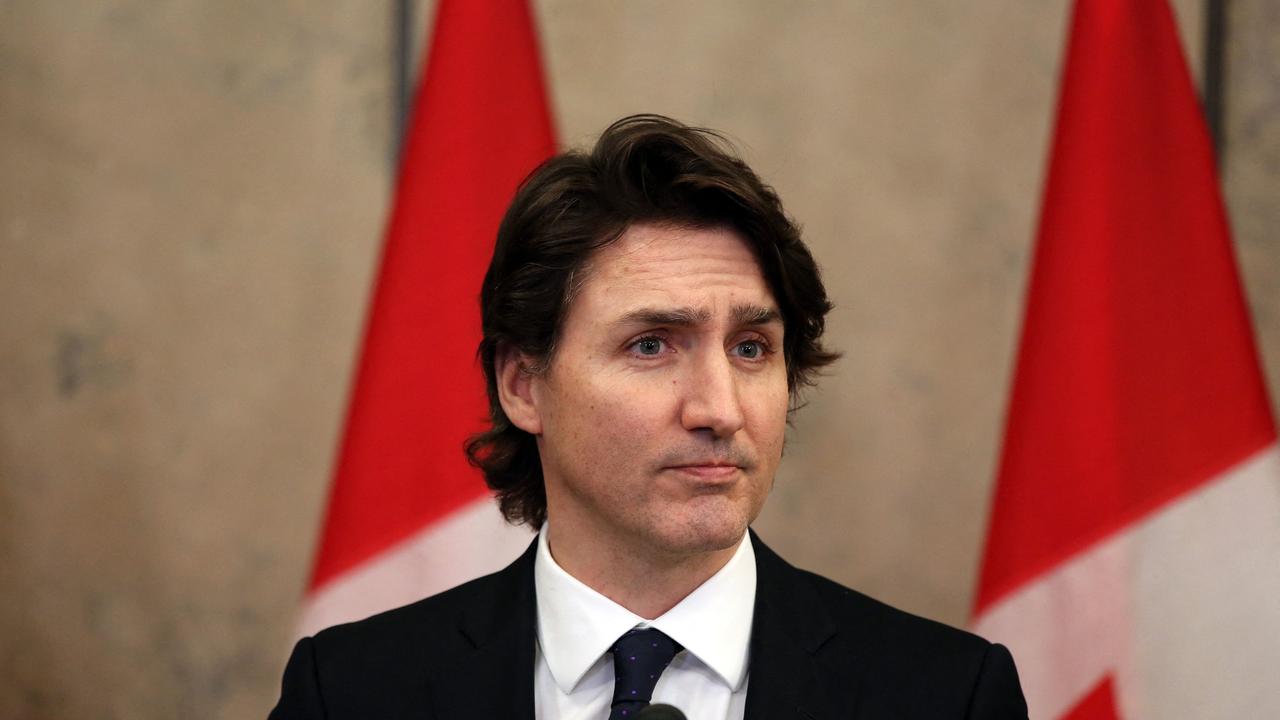
The Ambassador Bridge linking Ontario with Detroit reopened almost one week after it was shut by truck driver-led protests against Covid-19 restrictions.
The bridge, which handles an estimated 25 per cent of trade between Canada and the United States, reopened after police arrested between 25 to 30 protesters who refused to leave.
The trucker-led demonstrations have spread beyond Ottawa to France, Netherlands, Switzerland, Australia and New Zealand.
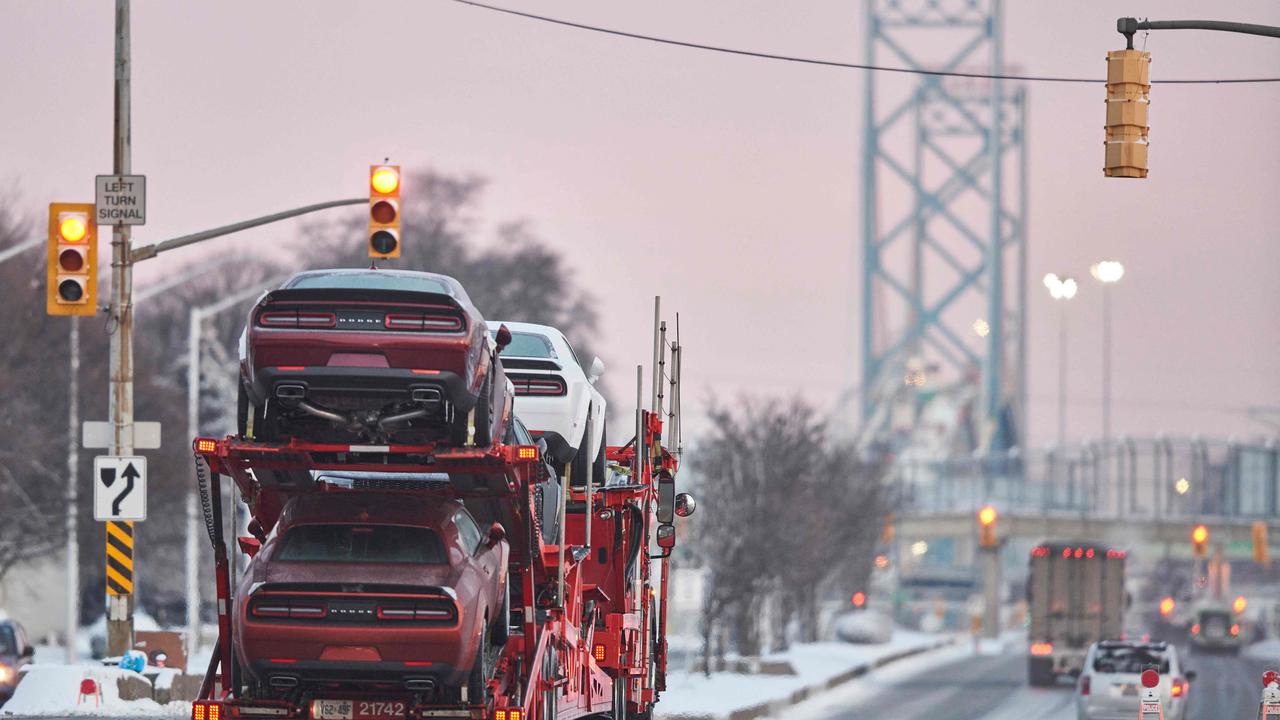
An estimated 10,000 Australian protesters marched through the capital Canberra to decry vaccine mandates, while in New Zealand, anti-mandate activists have been camped near the parliament for days.
New Zealand Prime Minister Jacinda Ardern branded the protesters calling for an end to Covid mandates as “anti-activaccination activistsin”.
“It feels like an imported protest to me,” she told state broadcaster TVNZ.
“I’ve seen Trump flags on the forecourt, I’ve seen Canadian flags on the forecourt,” she said.
NEXT COVID STRAIN COULD BE MORE LETHAL
A number of leading UK scientists have warned a future variant of Covid-19 could be “more lethal” and cause far higher numbers of deaths and cases of serious illness than Omicron.
As a result, many of them say that caution needs to be taken in lifting the last Covid restrictions in England, as Boris Johnson plans to do next week.
Meanwhile, there have been growing calls by the government’s most senior advisers on Covid to hold a press conference to reveal what evidence there was to back the decision to end all pandemic restrictions.
Epidemiologist Professor Mark Woolhouse from Edinburgh University said accepting the widespread assumption that Covid-19 variants would continue to get milder in their impact, poses a number of dangers.
“The Omicron variant did not come from the Delta variant. It came from a completely different part of the virus’s family tree,” he said.
“And since we don’t know where in the virus’s family tree a new variant is going to come from, we cannot know how pathogenic it might be. It could be less pathogenic but it could, just as easily, be more pathogenic.”
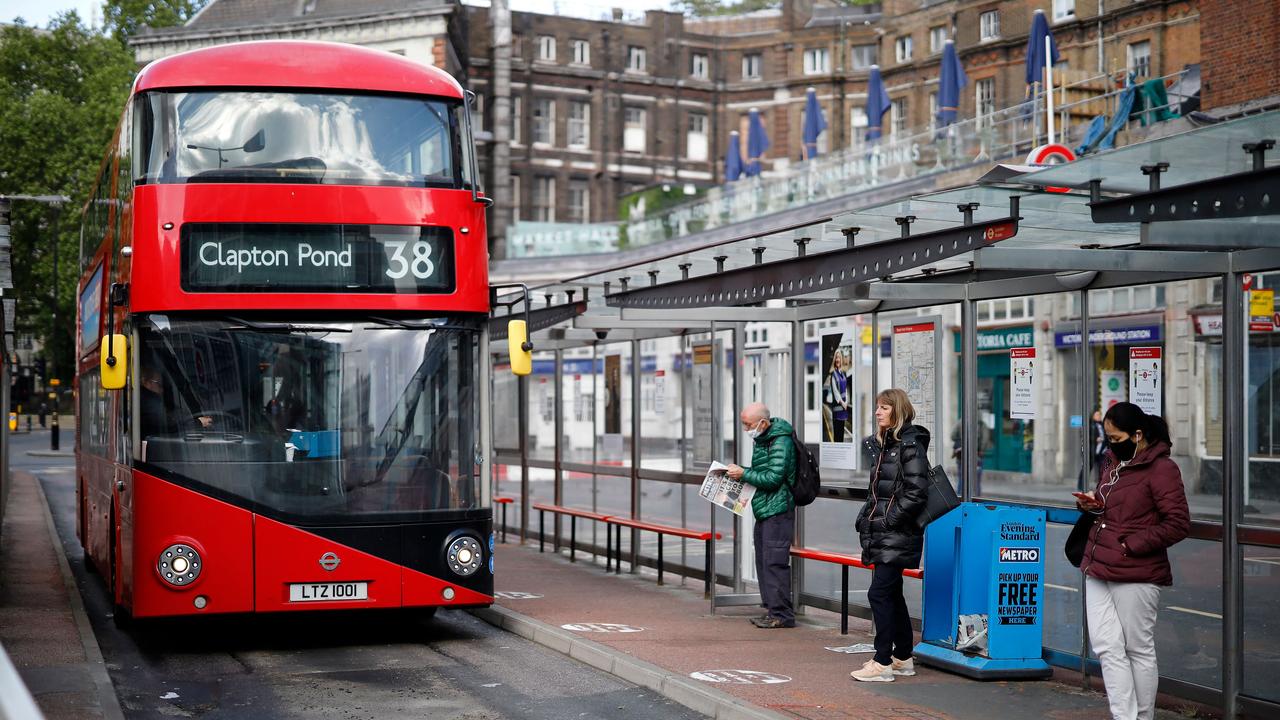
This point was further backed by virologist Professor Lawrence Young of Warwick University.
“People seem to think there has been a linear evolution of the virus from Alpha to Beta to Delta to Omicron,” he told the Observer.
“But that is simply not the case. The idea that virus variants will continue to get milder is wrong. A new one could turn out to be even more pathogenic than the Delta variant, for example.”
David Nabarro, a special envoy on Covid-19 for the World Health Organisation, also highlighted the uncertainty of how future variants might behave.
“There will be more variants after Omicron and if they are more transmissible they will dominate. In addition, they may cause different patterns of illness, in other words they may turn out to be more lethal or have more long-term consequences,” he said.
Mr Nabarro urged authorities to continue to plan for the possibility that there will be a surges in people who are ill and need hospital care.
“It would be prudent to encourage people to protect themselves and others consistently. An approach that does not do this would be a gamble with potentially severe consequences,” he said.
“I cannot see any upsides to such a gamble. The pandemic has a long way to go and – as is the case since it started – people and their leaders will influence its long-term impact through actions they take now.”
FATIGUE, ANGER SPUR GLOBAL ANTI-COVID ‘FREEDOM CONVOYS’
Canadian police moved in to arrest protesters who remained at a key US-Canadian border bridge on Sunday, local time, in an attempt to end the protests that have broken out across Canada and the world over coronavirus vaccine mandates and other pandemic rules and restrictions.
At dawn, arrests were being made and vehicles towed away at the Ambassador Bridge, which links Detroit and Windsor, Ontario.


Protesters against Covid-19 vaccine mandates gathered in solidarity with Canadian truckers near the Niagara Peace Bridge in Buffalo, New York, as police in Canada worked to clear the bridge on the US border, which has been snarled for days by truckers protesting against vaccination rules.
In the Canadian capital of Ottawa, the numbers of protesters reached into the thousands with solidarity protests erupting around the world.
In New Zealand, Cyclone Dovi caused power outages, mudslides and evacuations on Sunday, but the storm did not dislodge anti-vaccine protesters camped outside parliament.
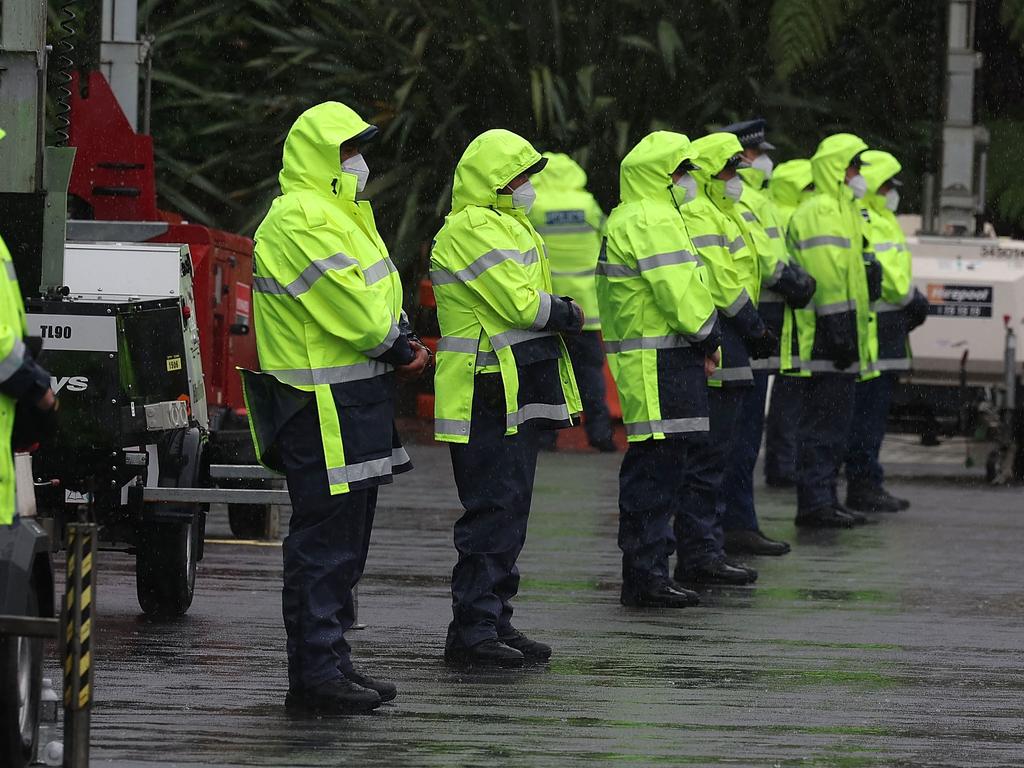
Instead, hundreds of protesters – inspired by the “Freedom Convoy” of truckers in Canada – danced in the mud.
Not even a tongue-in-cheek offer of help from singer James Blunt could end the stand-off in the capital Wellington, which entered a sixth day with no sign of ending.
Deputy Prime Minister Grant Robertson told Television New Zealand there was a “sad element” to the protest.
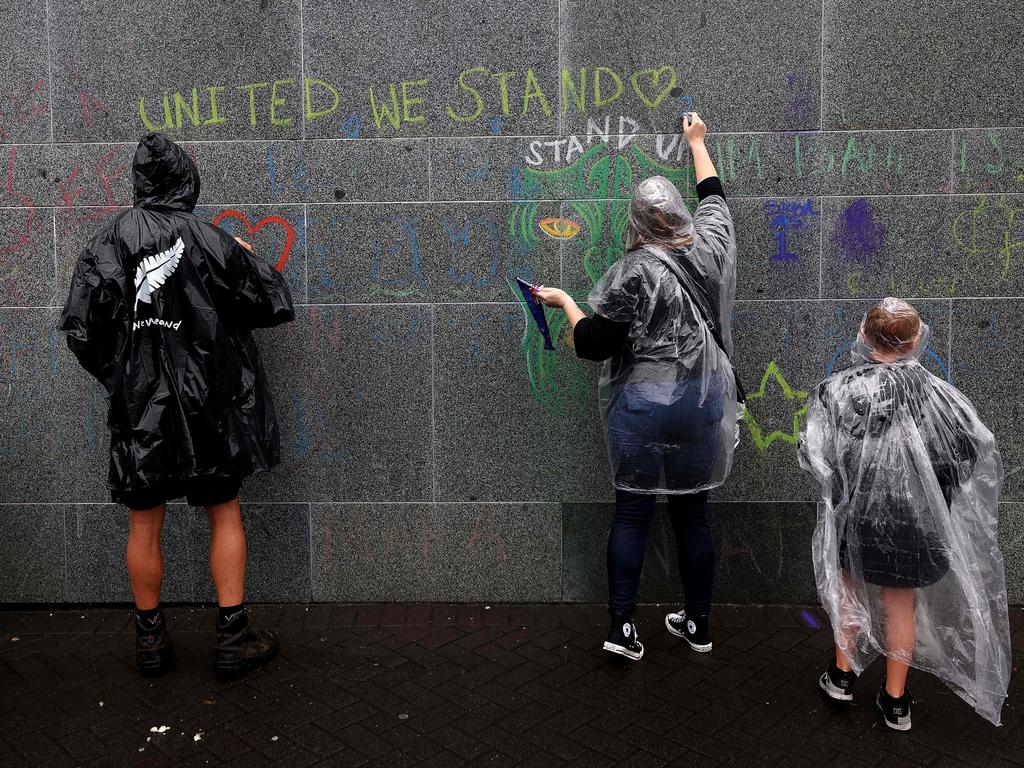
“Every New Zealander has a right to peaceful protest, the problem is they have gone well beyond that,” he said.
“I do find the rhetoric of these protests highly disturbing … there is a sad element to it, there is a conspiracy theory element that people have been sucked in by.”
Like the Canadian truckers in Ottawa, the New Zealand protesters object to the strict Covid-19 restrictions imposed on the country and are demanding an end to vaccine mandates.
Their resolve hardened after police moved in Thursday and arrested 122 people in an attempt to end the sit-in.
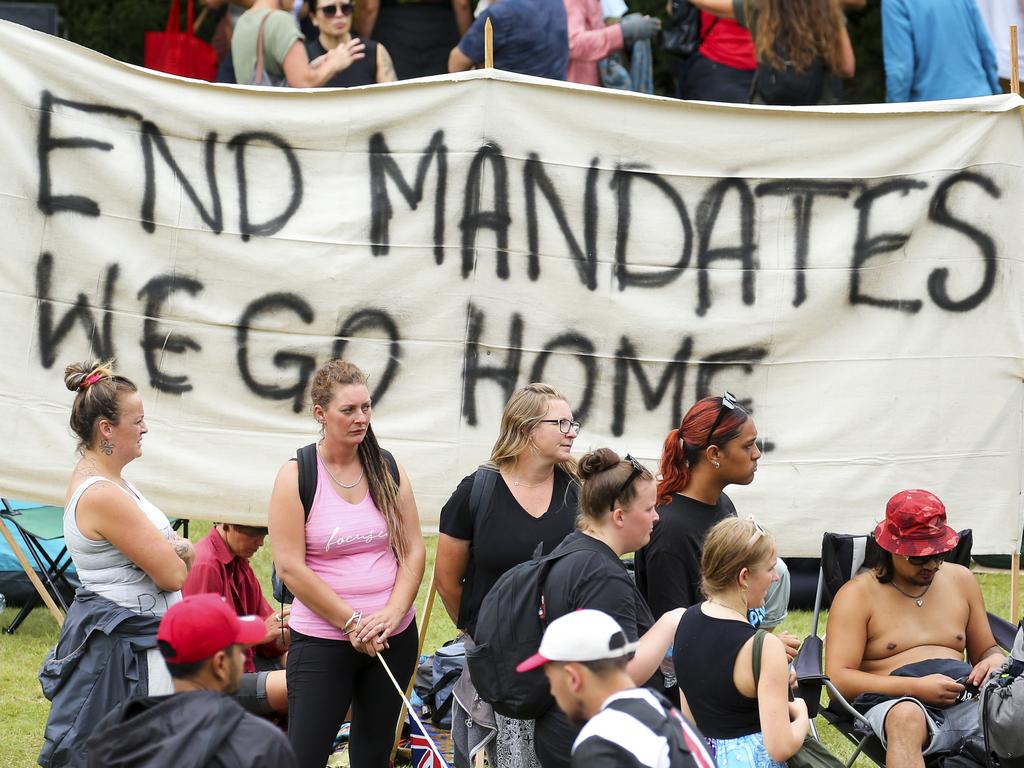
Police have since backed off making arrests, and authorities attempted to drench the makeshift settlement into submission by turning on water sprinklers.
This only saw the lawns in front of the parliamentary buildings churned into a muddy morass even before Cyclone Dovi hit.
Superintendent Scott Fraser said police were continuing “to explore options to resolve the disruption”, while parliamentary Speaker Trevor Mallard had the music of Barry Manilow, the 1990s pop song “Macarena”, and government Covid-19 messages blasted at the protesters.
British singer James Blunt weighed in on the strategy on Twitter, telling NZ Police “give me a shout if this doesn’t work”.
By Sunday afternoon, Blunt’s “You’re Beautiful” had been added to the playlist. But the protesters drowned out the government music with their own favourites, which included heavy metal band Twisted Sister’s “We’re Not Gonna Take It”.
As winds of up to 130 kilometres per hour buffeted Wellington and other parts of New Zealand, police urged people to avoid all non-essential travel, with many roads blocked by mudslides or floodwaters.
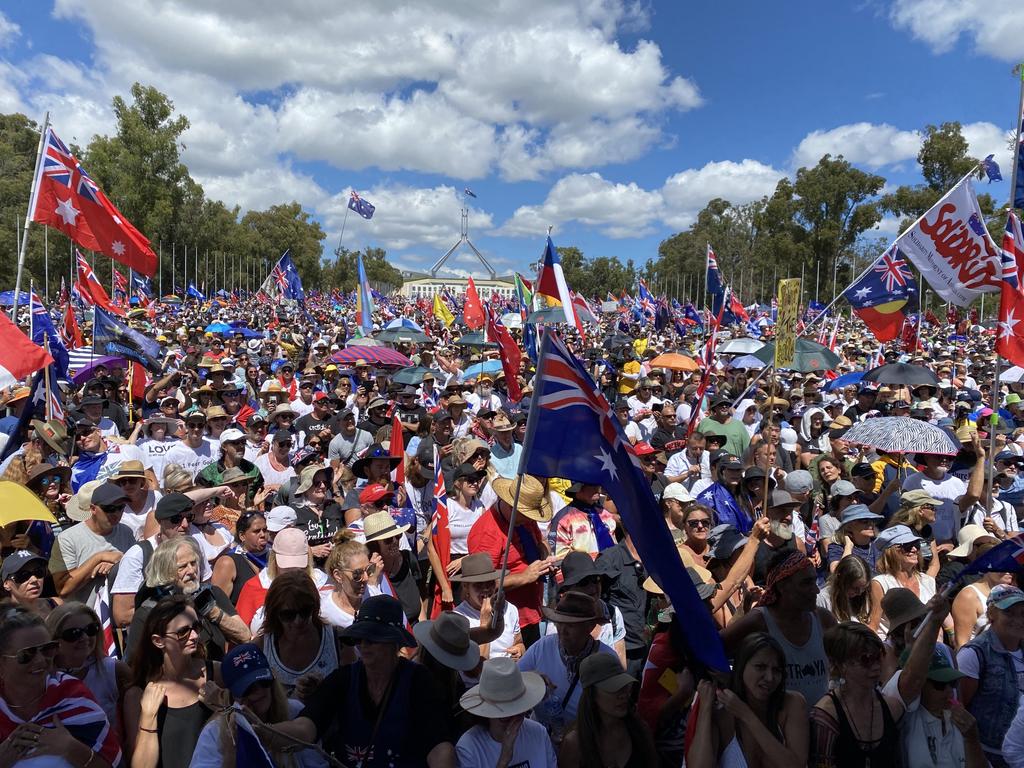
In Australia, an estimated 10,000 protesters marched through Canberra to decry vaccine mandates.
Protesters occupied the Canberra show grounds for several days as the camping ground reached capacity. All campers were told to leave the camp grounds on February 13.
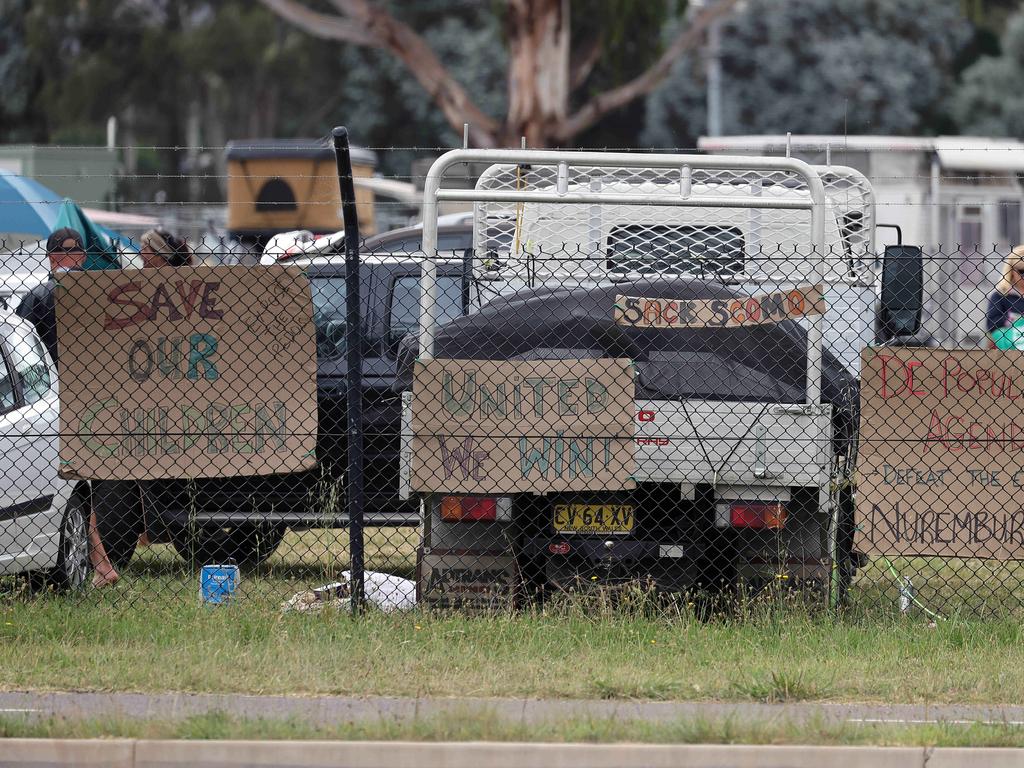

Meanwhile, Paris police said they arrested 97 people who defied a ban on a Canada-style protest convoy over coronavirus regulations to try block traffic in the capital, with 81 still in custody Sunday.
Thousands of demonstrators from across France attempted to block traffic in the capital Saturday in a self-proclaimed “freedom convoy” of cars, trucks and campervans. Hundreds of them continued on to Brussels on Sunday.
In Paris, more than 100 vehicles managed to converge on the Champs-Elysees avenue, where police used teargas to disperse protesters in scenes reminiscent of the “yellow vest” riots of 2018-2019.
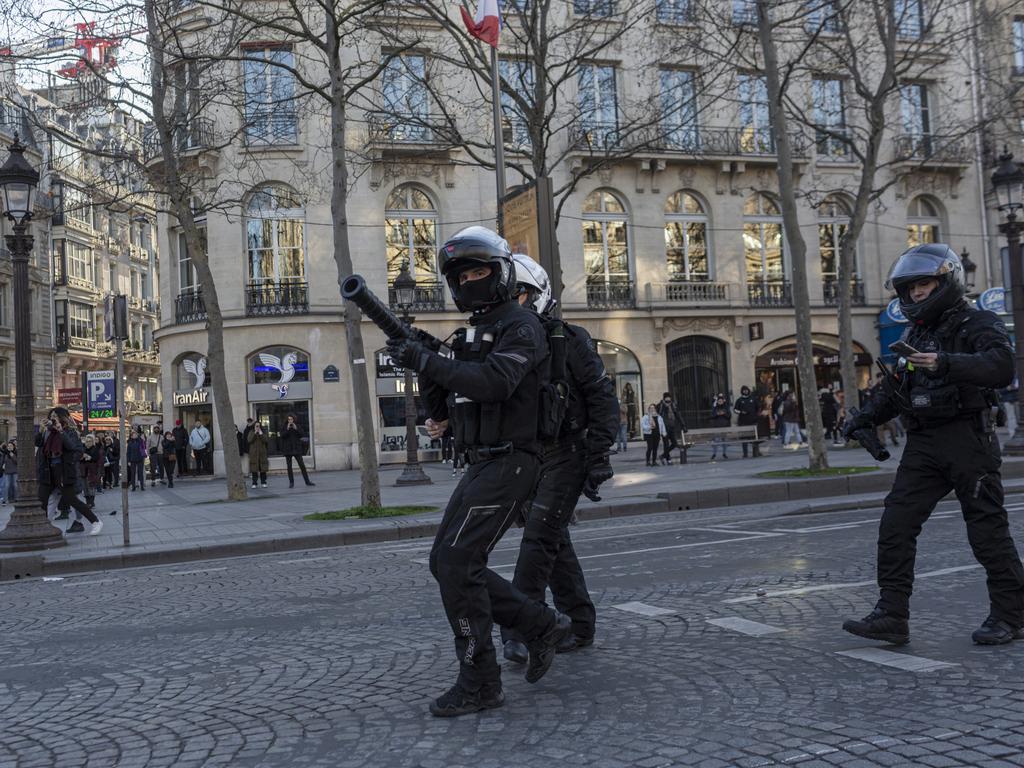
Dozens of people remained on the famous avenue and in the nearby Bois de Boulogne forest park until early Sunday.
The protest is one of several worldwide inspired by the truckers’ standoff with authorities in Canada.
In France, approximately 24,000 demonstrators took aim at the “vaccine pass” required to enter restaurants, cafes and many other public venues implemented as part of President Emmanuel Macron’s inoculation drive.
“This Covid pass is just the latest in a series of anti-freedom measures in our country – we have freedom of movement in Europe, yet we’re being stopped by the police, we don’t have the right to be here and carry a flag,” Daniel Bravo, 61, told AFP.
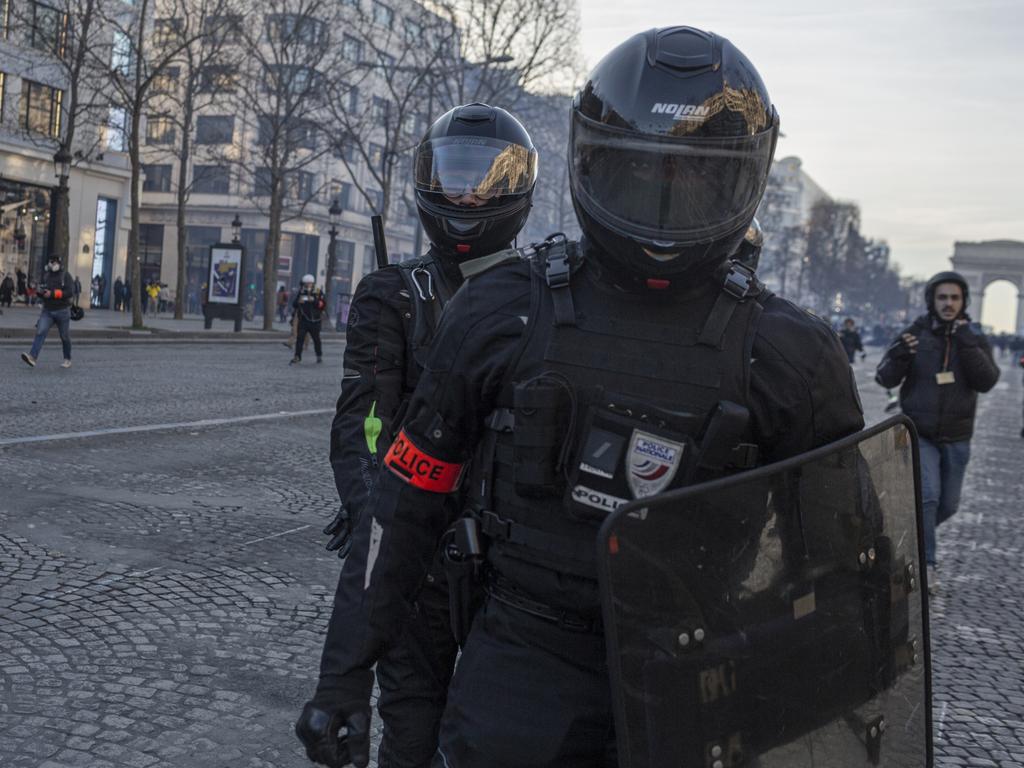
Over 400 vehicles camped out at several sites around Paris overnight, and organisers have called for people to head for Brussels for a major demonstration on Monday, a police source said.
The demonstrations, with convoys setting out from cities across France, come two months before presidential elections in which Mr Macron is expected to seek re-election.
“This fatigue also leads to anger. I understand it … But I call for the utmost calm,” Mr Macron told the Ouest-France newspaper.
The government has said it plans to relax face mask mandates by February 28, and is hoping to end the vaccine pass requirement by late March or early April.
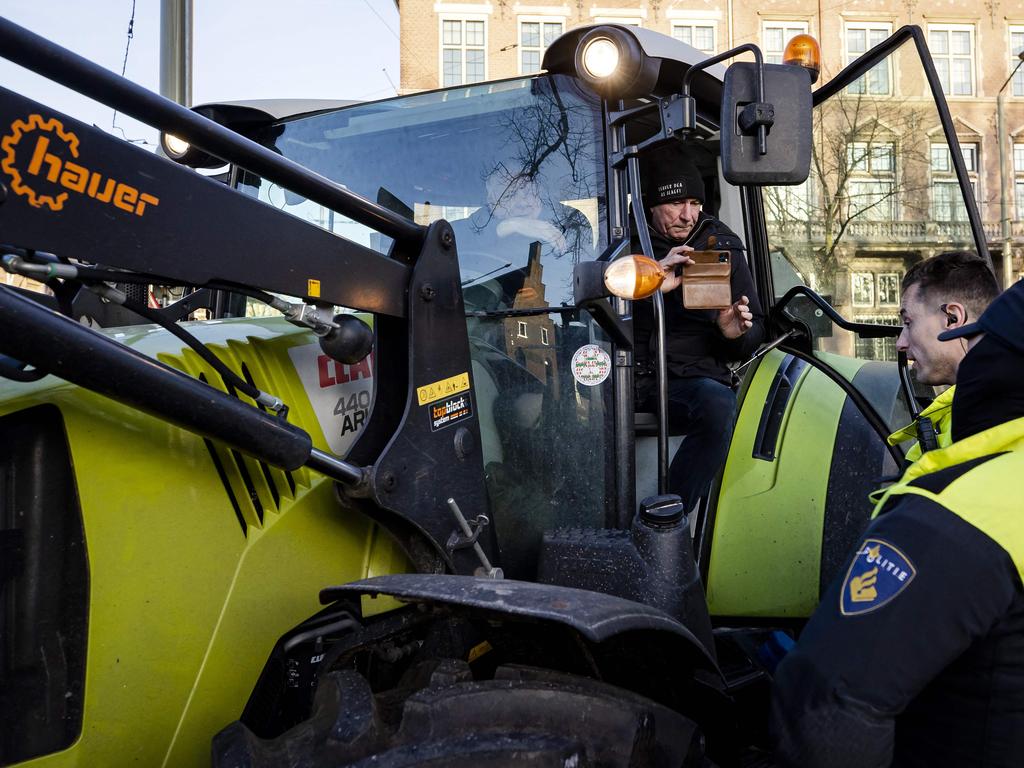
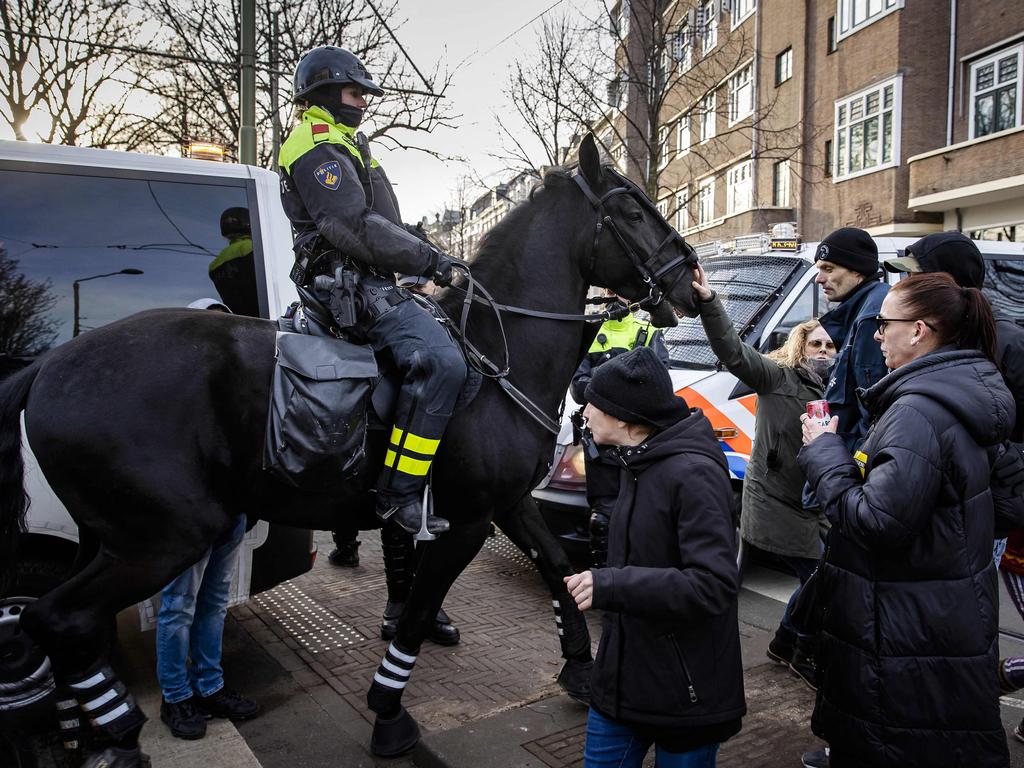
In the Netherlands, a vehicle convoy brought The Hague’s city centre to a standstill in another Canada-style protest.
In Switzerland, hundreds of protesters marched in Zurich to protest Covid-19 restrictions, while several thousand others rallied against them, Swiss media reported. Both rallies were illegal, and police used tear gas, water cannons and rubber bullets to disperse the crowds.
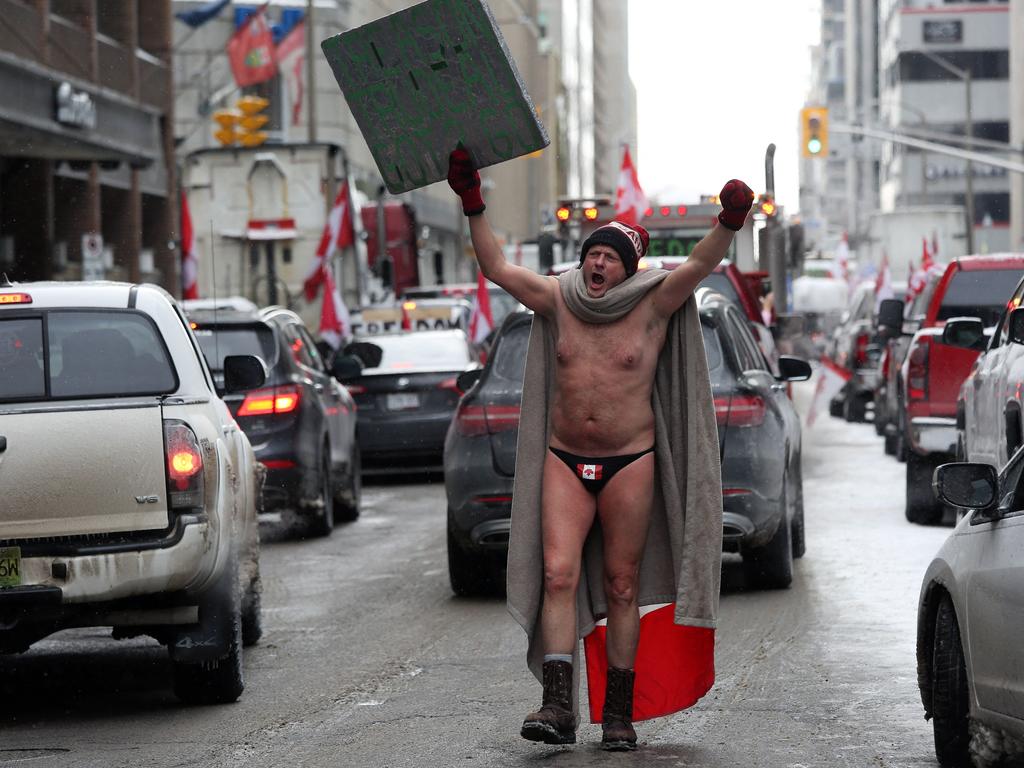
Canada’s Prime Minister Justin Trudeau promised “an increasingly robust police intervention,” adding that borders cannot remain closed and “this conflict must end.”
But while Canadian police, backed by armoured vehicles, began clearing the Ambassador Bridge – taking down tents erected in traffic lanes and persuading some drivers to move their trucks – many demonstrators continued to resist, their numbers appearing to grow as the day went on, despite the freezing weather.
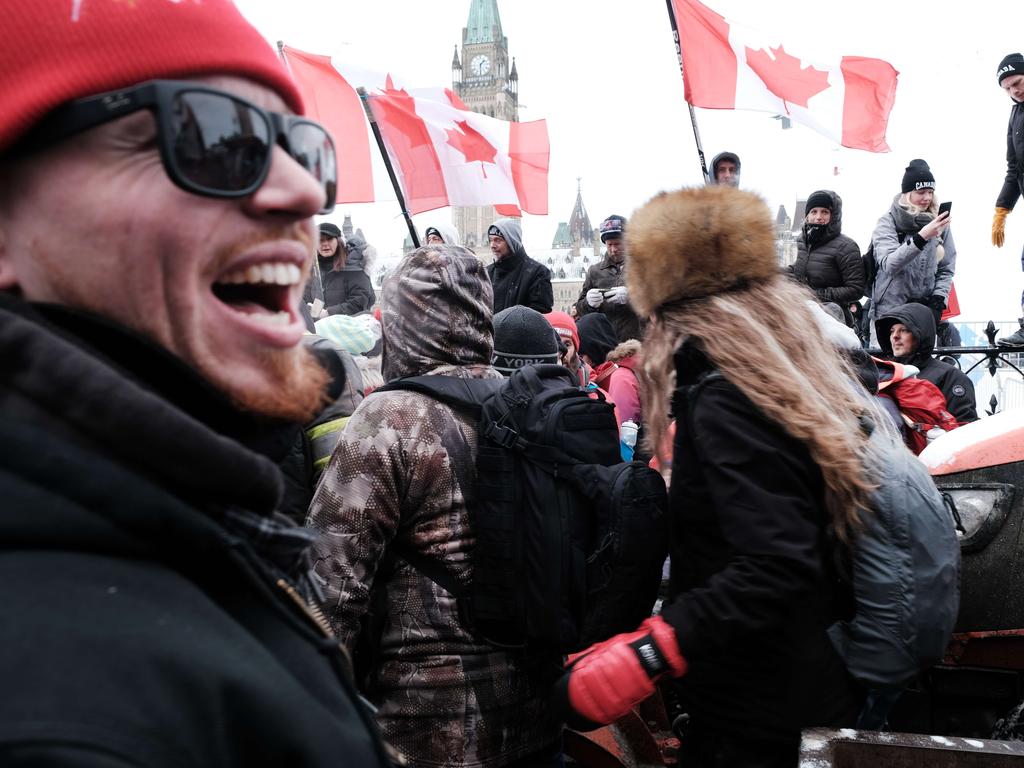
“Individuals who are located within the demonstration area are subject to arrest,” the Windsor police warned on Twitter. “People are advised to immediately vacate the area.”
FUTURE VARIANTS COULD BE MORE DEADLY, SCIENTISTS WARN
New Covid-19 variants that emerge could cause more serious illness and fatalities than previous strains, some scientists warn.
Though the Omicron variant had milder symptoms, that may not be the case for future strains, experts have told The Guardian.
“There will be more variants after Omicron and if they are more transmissible they will dominate. In addition, they may cause different patterns of illness, in other words they may turn out to be more lethal or have more long-term consequences,” David Nabarro, a special envoy on Covid-19 for the World Health Organisation, said.
Warwick University Professor Lawrence Young denied that there’s a “linear evolution of the virus from Alpha to Beta to Delta to Omicron.”
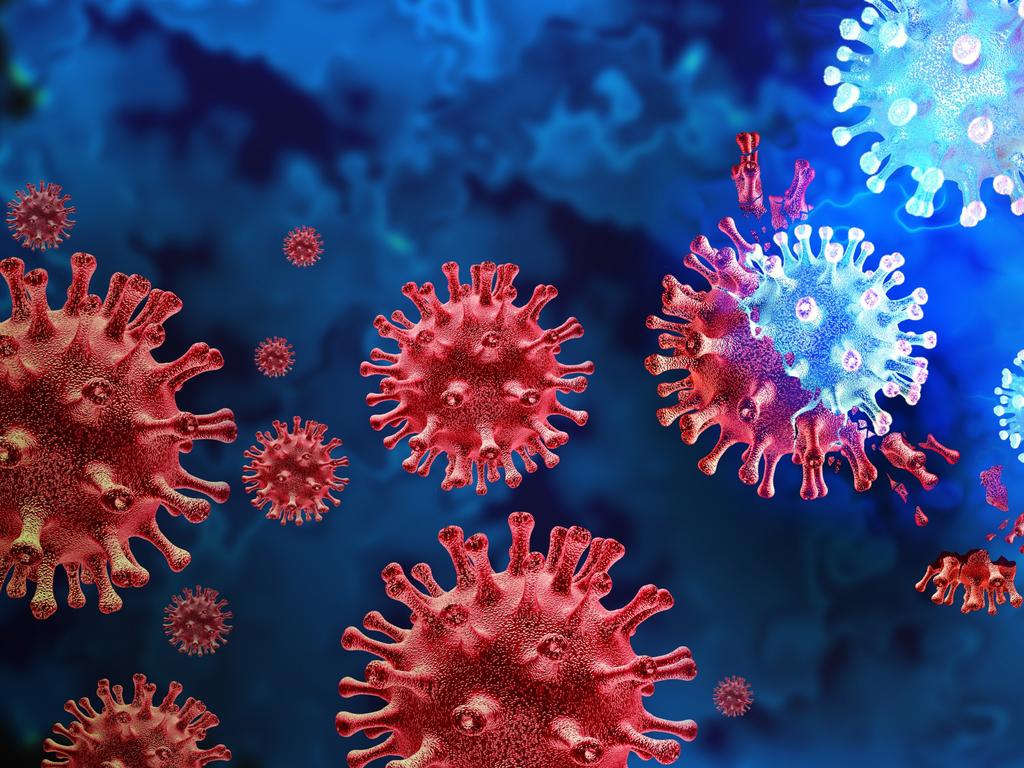
“The idea that virus variants will continue to get milder is wrong. A new one could turn out to be even more pathogenic than the Delta variant, for example,” he told the Observer.
Experts said it’s impossible to predict where the next variant will emerge from — or its characteristics.
“The Omicron variant did not come from the Delta variant. It came from a completely different part of the virus’s family tree,” Edinburgh University Professor Mark Woolhouse told The Guardian.
“And since we don’t know where in the virus’s family tree a new variant is going to come from, we cannot know how pathogenic it might be. It could be less pathogenic but it could, just as easily, be more pathogenic.”
The uncertainty about future variants should be factored into whether countries lift restrictions that were reimposed during the Omicron wave, experts said.
“It would be prudent to encourage people to protect themselves and others consistently. An approach that does not do this would be a gamble with potentially severe consequences,” Mr Nabarro said.
“I cannot see any upsides to such a gamble. The pandemic has a long way to go and – as is the case since it started – people and their leaders will influence its long-term impact through actions they take now.”
More Coverage
Originally published as Covid-19: China places cash bounty on Hong Kong Covid smugglers




